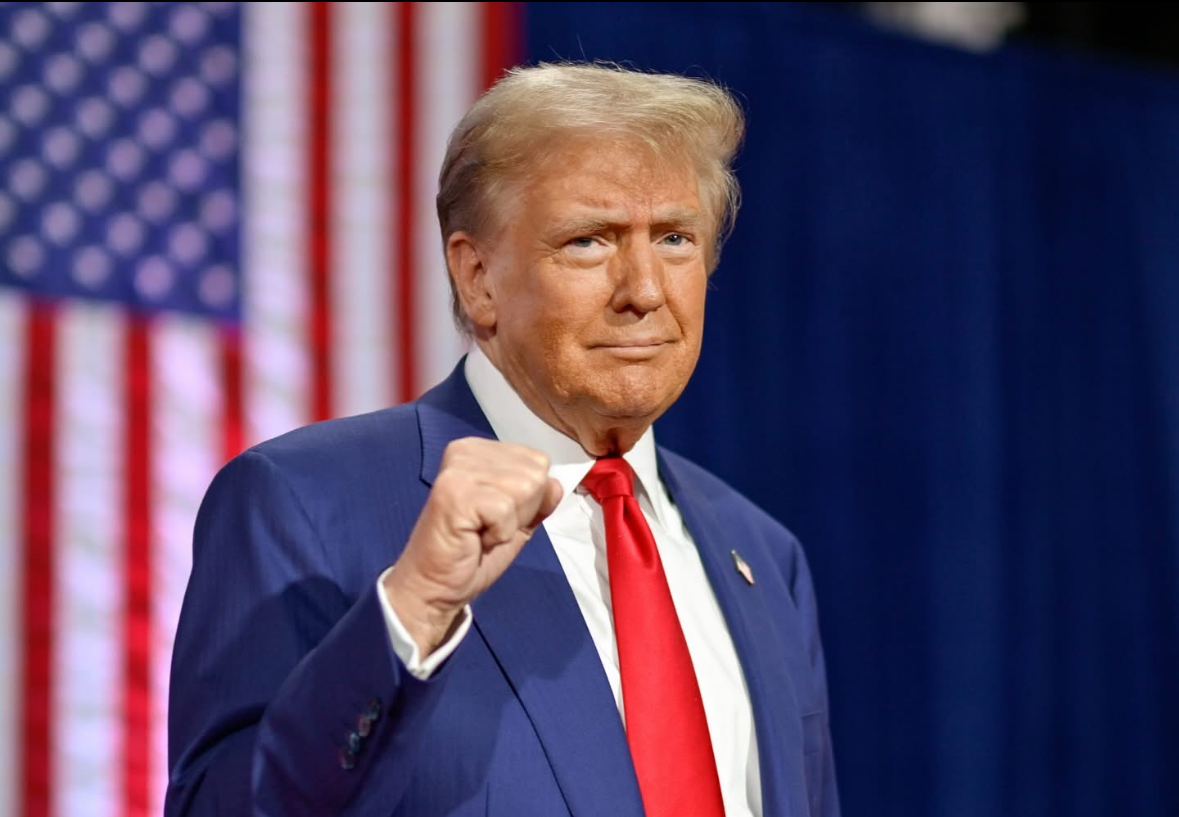[ad_1]
WASHINGTON (Reuters) – Conservative U.S. Supreme Court justices on Monday indicated they may be willing to allow New Jersey to legalize sports betting in a case that could pave the way for other states to do the same thing.
The nine justices on the conservative-majority court heard an hour-long argument in an appeal brought by outgoing New Jersey Governor Chris Christie that aims to revive a state statute legalizing sports betting. New Jersey’s measure was struck down by lower courts as a violation of federal law.
Conservative Chief Justice John Roberts and Justice Anthony Kennedy expressed skepticism about the restrictions that the federal law places on states, but some of the court’s liberals appeared less sympathetic to the state’s arguments.
The high court is reviewing a federal appeals court ruling last year that the 2014 New Jersey statute permitting sports betting at casinos and racetracks violated a 1992 federal law that prohibits such gambling in all states except Nevada and, to a much more limited extent, Delaware, Montana and Oregon.
New Jersey argues that the federal sports betting prohibition infringes upon state sovereignty as laid out in the U.S. Constitution by compelling them not to license or regulate sports betting.
Its sports gambling law was challenged in court by the biggest U.S. sports leagues: the National Football League, Major League Baseball, the National Basketball Association, the National Hockey League as well as the National Collegiate Athletic Association.
The case could have national implications if the justices invalidate the federal law in question, the Professional and Amateur Sports Protection Act. Industry analysts predicted that upwards of 20 states would legalize sports betting if the federal law is voided. They estimated that the current illegal sports betting market is worth hundreds of billions of dollars annually.
A broad ruling could also set new legal precedent that would threaten other attempts by the federal government to force states and cities to follow its lead on policy issues. That could have an effect on controversial matters such as the Trump administration’s bid to crack down on so-called sanctuary cities that limit cooperation with the federal government on efforts to detain and deport immigrants who entered the country illegally.
New Jersey appealed an August 2016 ruling by the Philadelphia-based 3rd U.S. Circuit Court of Appeals that its law was trumped by the federal statute.
The leagues have raised concerns over the years that expansion of sports betting could undermine the integrity of sports, although they differ in their views toward eventual legalization.
In 2014, the NBA’s commissioner, Adam Silver, said he would support passage of a federal law to allow tightly regulated betting but described New Jersey’s go-it-alone effort as “unlawful and bad public policy.” Both the NHL and NFL have allowed teams to be located in the gambling city of Las Vegas.
Courts have voided two New Jersey laws, also including one in 2012, designed to raise revenue for state coffers through sports betting. The law now at issue would ban wagers on state college teams and limit bets to people age 21 and older at casinos and racetracks.
A ruling is due by the end of June.
Christie, a Republican, served as an advisor to President Donald Trump during the 2016 presidential race but was ousted as the head of Trump’s transition team after the election. The Trump administration is on the opposite side of the case, opposing the New Jersey law championed by Christie.
In its court filing, the Trump administration said the Professional and Amateur Sports Protection Act merely prohibits states from passing statutes that conflict with federal law and does not force them to “enact, maintain or enforce specific federally prescribed regulations.”
Christie, nearing the end of his term as governor, sought the 2016 Republican presidential nomination but his public approval ratings plummeted following a scandal dubbed Bridgegate and other missteps.
Reporting by Lawrence Hurley; Editing by Will Dunham
[ad_2]
Source link






Leave a Reply